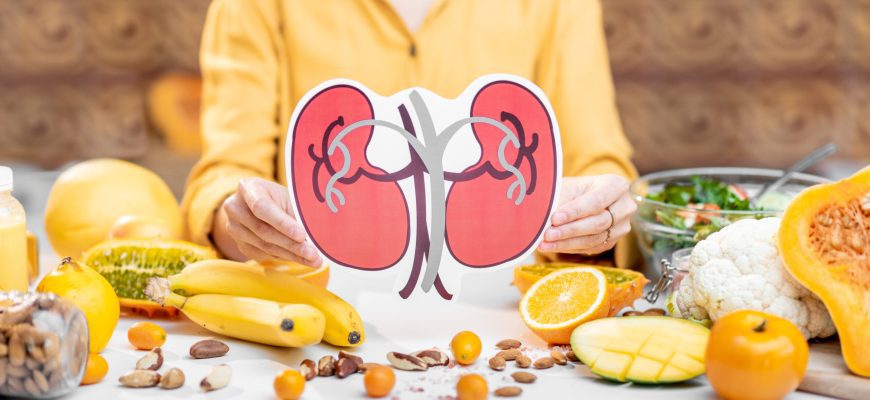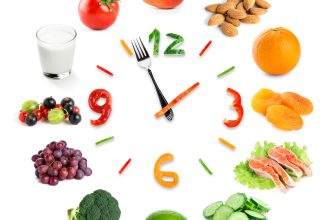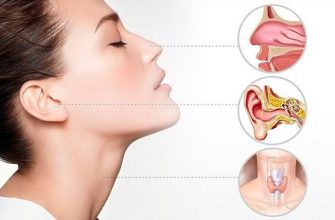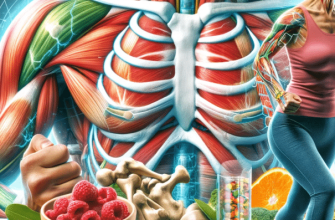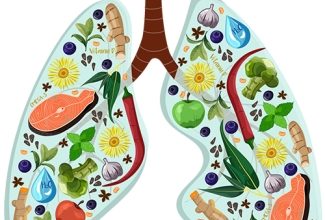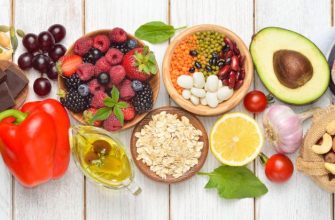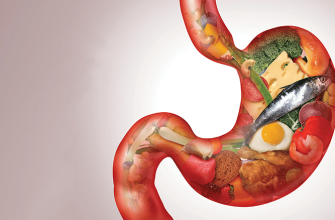Proper nutrition plays a crucial role in managing kidney disease, urinary tract infections (UTIs), kidney stones, and other urinary disorders. Dietary adjustments help reduce symptoms, slow disease progression, and prevent complications.
- Key Dietary Goals for Urinary Health
- Recommended Foods for Urinary Health
- 1. Kidney-Friendly Foods (CKD & Dialysis Patients)
- 2. UTI Prevention & Management
- 3. Kidney Stone Prevention
- 4. Bladder Health (Interstitial Cystitis/OAB)
- Foods to Limit or Avoid
- Nutrition for Specific Urinary Conditions
- 1. Chronic Kidney Disease (CKD)
- 2. Kidney Stones (Based on Stone Type)
- 3. Urinary Tract Infections (UTIs)
- 4. Dialysis Patients
- Key Supplements for Urinary Health
- Lifestyle Tips for Urinary Health
- When to See a Dietitian?
- Prognosis
Key Dietary Goals for Urinary Health
✔ Reduce kidney workload (for chronic kidney disease – CKD)
✔ Prevent stone formation (calcium oxalate, uric acid stones)
✔ Control blood pressure & diabetes (major kidney stressors)
✔ Maintain hydration (prevents UTIs & stone formation)
✔ Balance electrolytes (sodium, potassium, phosphorus)
Recommended Foods for Urinary Health
1. Kidney-Friendly Foods (CKD & Dialysis Patients)
- Low-potassium fruits: Apples, berries, grapes
- Low-phosphorus proteins: Egg whites, lean poultry, fish
- Healthy fats: Olive oil, avocados (in moderation)
- Low-sodium foods: Fresh herbs, lemon juice (instead of salt)
2. UTI Prevention & Management
- Water (flushes bacteria from urinary tract)
- Cranberries (unsweetened juice or supplements) (may prevent E. coli adhesion)
- Probiotic-rich foods: Yogurt, kefir (support gut & urinary microbiome)
3. Kidney Stone Prevention
- Citrus fruits (lemons, oranges) (citrate inhibits stone formation)
- Magnesium-rich foods: Spinach, almonds, pumpkin seeds
- High-fluid intake (dilutes urine, reduces stone risk)
4. Bladder Health (Interstitial Cystitis/OAB)
- Non-acidic foods: Pears, carrots, oats
- Avoid irritants: Coffee, alcohol, spicy foods
Foods to Limit or Avoid
❌ High-sodium foods (processed meats, canned soups) → Worsens kidney function
❌ High-potassium foods (for CKD) (bananas, potatoes, tomatoes)
❌ High-oxalate foods (for stone formers) (spinach, beets, nuts, chocolate)
❌ High-phosphorus foods (for CKD) (dairy, soda, processed foods)
❌ Sugar & artificial sweeteners → May irritate bladder
Nutrition for Specific Urinary Conditions
1. Chronic Kidney Disease (CKD)
- Protein restriction (reduces kidney workload)
- Phosphorus control (avoid additives in processed foods)
- Potassium management (peel & soak high-potassium veggies)
2. Kidney Stones (Based on Stone Type)
| Stone Type | Dietary Focus |
|---|---|
| Calcium Oxalate | Low-oxalate diet + calcium-rich meals |
| Uric Acid | Low-purine diet (limit red meat, seafood) |
| Struvite | Antibiotics + acidifying diet |
3. Urinary Tract Infections (UTIs)
- Hydration is key (2-3L water daily)
- Avoid bladder irritants (caffeine, alcohol)
4. Dialysis Patients
- Higher protein needs (compensate for losses)
- Strict fluid restriction (if urine output is low)
Key Supplements for Urinary Health
- Vitamin D (often deficient in CKD)
- Calcium citrate (for stone formers – take with meals)
- D-mannose (for recurrent UTIs)
- Omega-3s (reduce kidney inflammation)
Note: Always consult a nephrologist before taking supplements, especially with CKD.
Lifestyle Tips for Urinary Health
- Drink fluids evenly throughout the day
- Limit salt intake (<2,300 mg/day for CKD)
- Exercise regularly (helps prevent stones & UTIs)
- Urinate when needed (don’t hold it in)
When to See a Dietitian?
- New CKD diagnosis
- Recurrent kidney stones
- Difficulty managing fluid/electrolyte balance
Prognosis
- Early dietary changes can slow CKD progression significantly.
- 80% of kidney stones are preventable with proper diet & hydration.
- UTI frequency can be reduced by 50% with hydration + cranberry.
